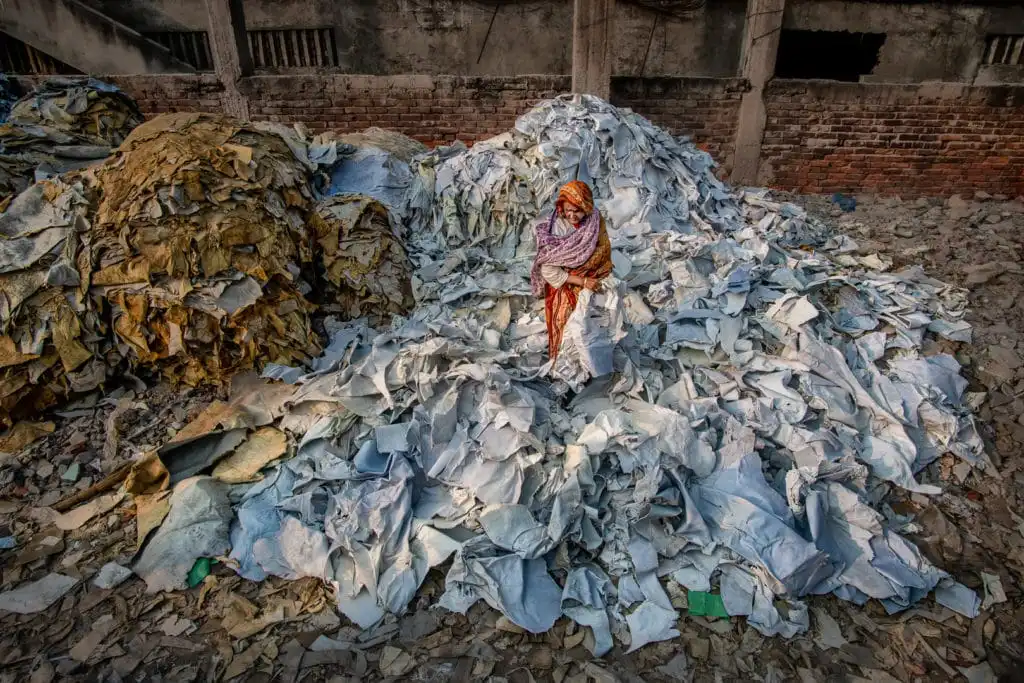
The Hidden Environmental Cost of Your Dream Lehenga
Behind every stunning lehenga lies a shocking environmental reality that the fashion industry rarely discusses. The production of a single wedding dress requires between 10,000 to 20,000 litres of water – enough to sustain an average person for nearly six months. This staggering water consumption occurs during cotton cultivation, fabric dyeing, and finishing processes, placing enormous strain on regions already facing water scarcity.
The carbon footprint is equally alarming. Each wedding dress emits approximately 10-20 kilograms of carbon dioxide during manufacturing alone, not including transportation across continents. Consider this: over 80% of wedding dresses in the global market come from China, meaning your lehenga has likely traveled thousands of miles, accumulating additional carbon emissions before reaching your hands.
The textile industry itself is responsible for 10% of global carbon emissions annually, with projections suggesting this could rise to 15% by 2030. As the second most polluting industry worldwide, fashion's environmental impact extends far beyond individual garments to affect global climate patterns.